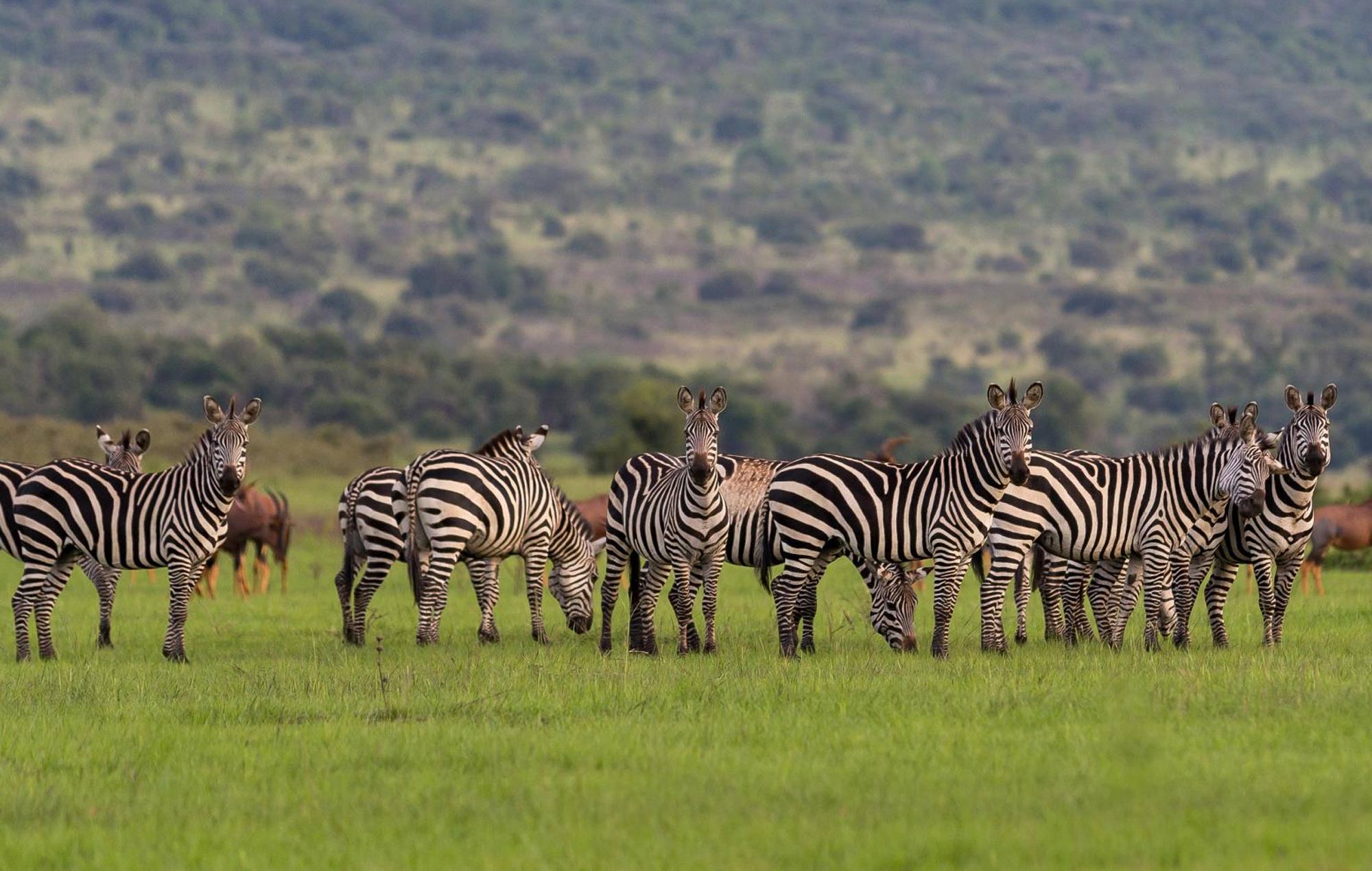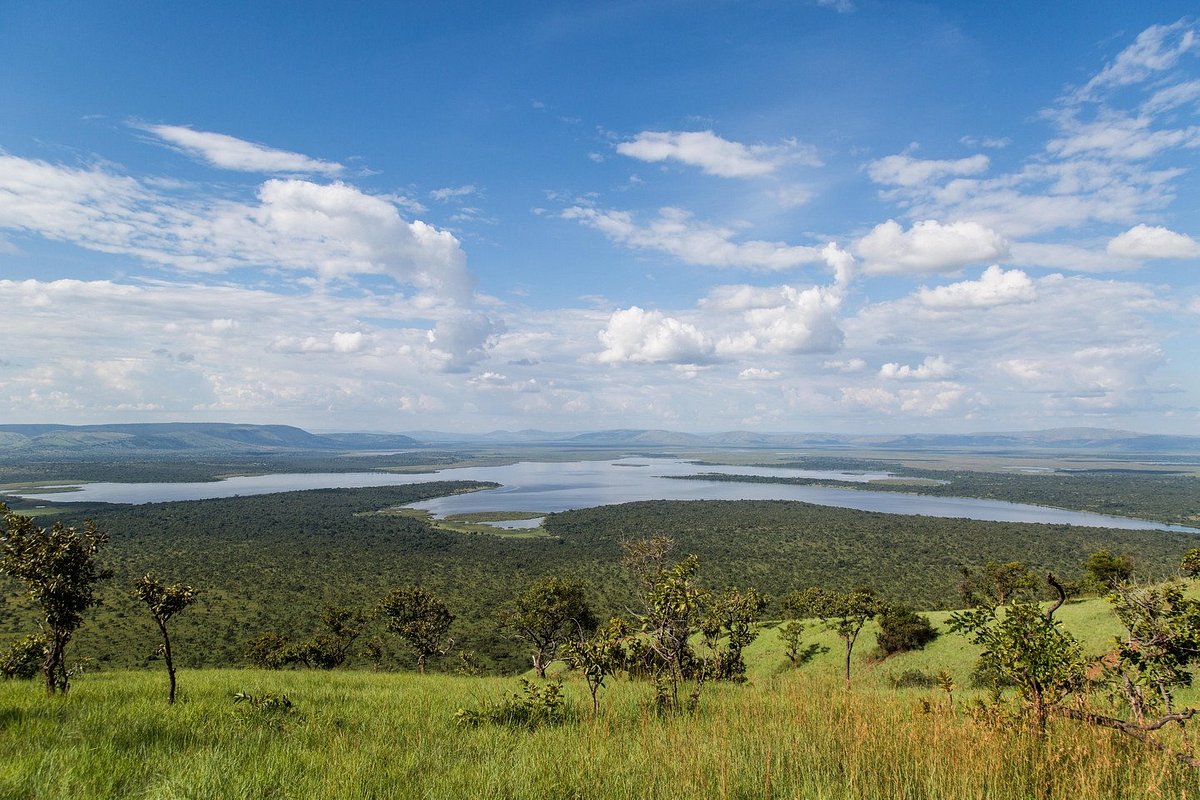- Home
- Uganda
- Gorilla Safaris
- 12 Days Gorillas, Chimps & Wildlife Safari
- 10 Days Uganda Gorilla trekking Safari
- 9 Days Super Uganda Gorilla Safari
- 8 DAY UGANDA GORILLA TREKKING TOUR
- 7 Days Gorilla Primate Safari
- 6 Days Gorillas and Chimps Safari
- 5 Days Gorillas and Hiking Safari
- 4 Days Gorilla and Golden Monkey Trekking.
- 4 Days Gorillas and Chimps
- 3 Days Uganda Gorilla safari
- Wildlife Safaris
- 18 Days best of Uganda Safari
- 15 Days Wildlife Safari Uganda
- 7 Days Kidepo, Sipi & Jinja Adventure
- 5 Days Lake Mburo and Bunyonyi safari
- 5 Days L.Mburo & Mabamba Safari
- 4 Days Kidepo Valley Safari
- 3 Days Murchison Falls National Park
- 3 Days Queen Elizabeth National park
- 3 Day Chimpanzee Trekking Safari
- 2 Days Lake Mburo National Park safari
- 2 DAY CHIMPANZEE SAFARI
- 2 Days Chimpanzee tracking tour, Kibale
- Excursions
- Gorilla Safaris
- Rwanda
- Tanzania
- Kenya
- Parks
- Car Hire
- About Us
- Blog
- Get A Quote


